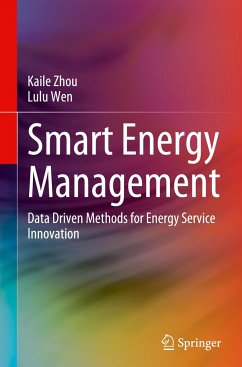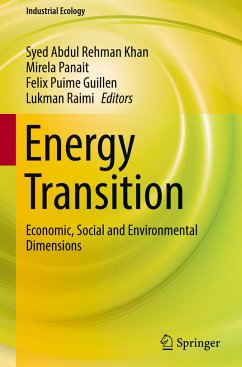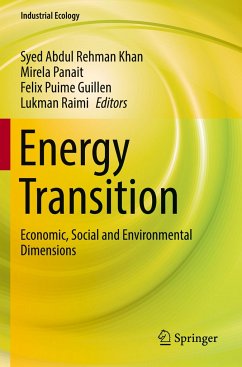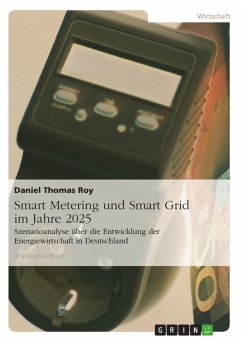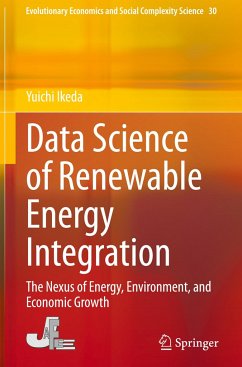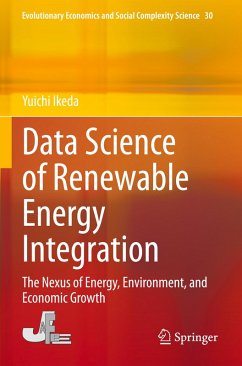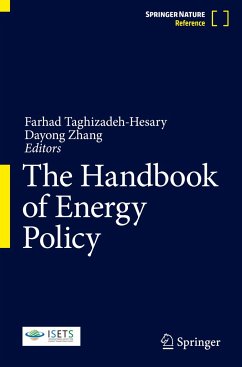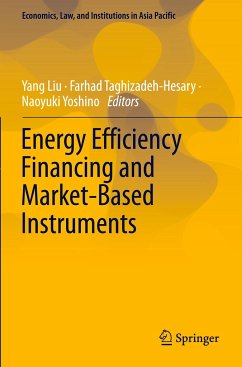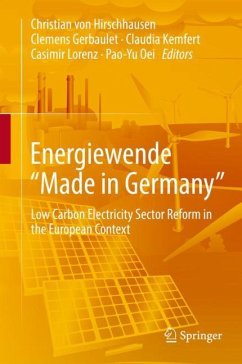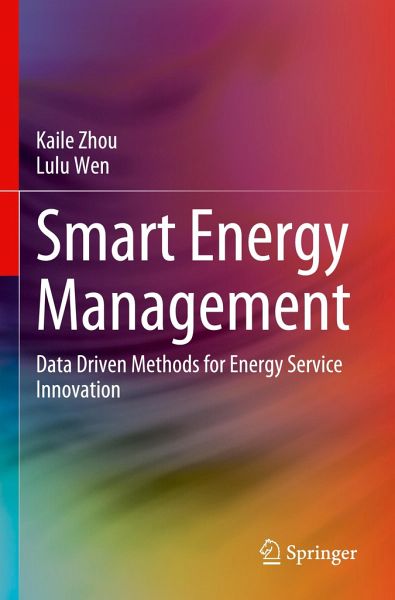
Smart Energy Management
Data Driven Methods for Energy Service Innovation
Versandkostenfrei!
Versandfertig in 6-10 Tagen
83,99 €
inkl. MwSt.
Weitere Ausgaben:

PAYBACK Punkte
42 °P sammeln!
This book provides a relatively whole view of data-driven decision-making methods for energy service innovation and energy system optimization. Through personalized energy services provision and energy efficiency improvement, the book can contribute to the green transformation of energy system and the sustainable development of the society. The book gives a new way to achieve smart energy management, based on various data mining and machine learning methods, including fuzzy clustering, shape-based clustering, ensemble clustering, deep learning, and reinforcement learning. The applications of t...
This book provides a relatively whole view of data-driven decision-making methods for energy service innovation and energy system optimization. Through personalized energy services provision and energy efficiency improvement, the book can contribute to the green transformation of energy system and the sustainable development of the society. The book gives a new way to achieve smart energy management, based on various data mining and machine learning methods, including fuzzy clustering, shape-based clustering, ensemble clustering, deep learning, and reinforcement learning. The applications of these data-driven methods in improving energy efficiency and supporting energy service innovation are presented. Moreover, this book also investigates the role of blockchain in supporting peer-to-peer (P2P) electricity trading innovation, thus supporting smart energy management. The general scope of this book mainly includes load clustering, load forecasting, price-based demand response,incentive-based demand response, and energy blockchain-based electricity trading. The intended readership of the book includes researchers and engineers in related areas, graduate and undergraduate students in university, and some other general interested audience. The important features of the book are: (1) it introduces various data-driven methods for achieving different smart energy management tasks; (2) it investigates the role of data-driven methods in supporting various energy service innovation; and (3) it explores energy blockchain in P2P electricity trading, and thus supporting smart energy management.





